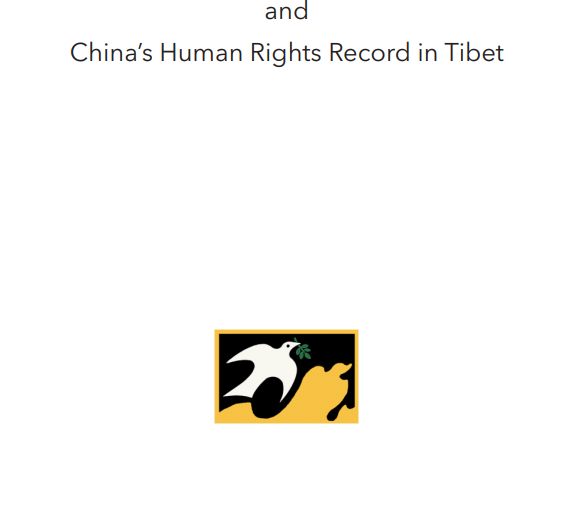The Tibetan Centre for Human Rights and Democracy (TCHRD), represented by the executive director, Ms Tenzin Dawa, and researcher, Mr Ngawang Lungtok, actively participated in the working sessions of the 54th Human Rights Council session. This participation included attending side events, delivering oral statements, and meetings with various diplomatic missions and NGO partners based in Geneva, Switzerland.
Ms Dawa and Mr Lungtok also raised the issue of transnational repression employed by the Chinese government to silence activists and dissidents beyond its borders.
Additionally, the diplomatic briefings were convened with due consideration for the broader context of the upcoming UN Human Rights Council elections, in which participating states will exercise their right to vote, choosing 15 members from a pool of 47 available seats. China seeking re-election to the council is of particular concern primarily because it does not fulfil the membership criteria, in addition to its egregious human rights records.
In light of these developments, on 27 September, researcher Mr Ngawang Lungtok delivered an oral statement on behalf of the Asian Dignity Initiative during the general debate under Item 4 on Human Rights Situations that Require the Council’s attention. The full text of the oral statement is appended herewith:
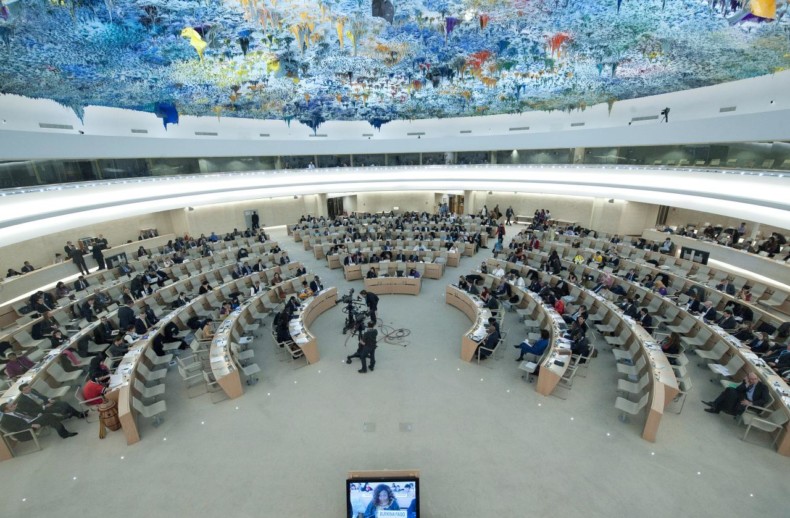

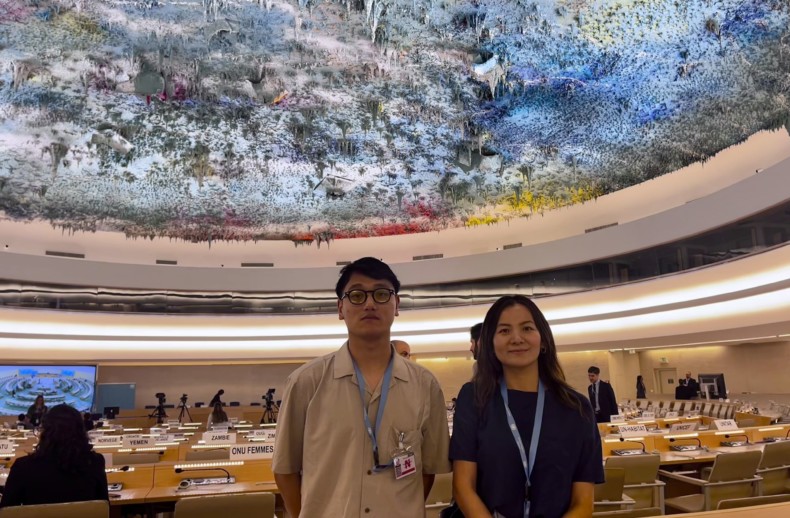
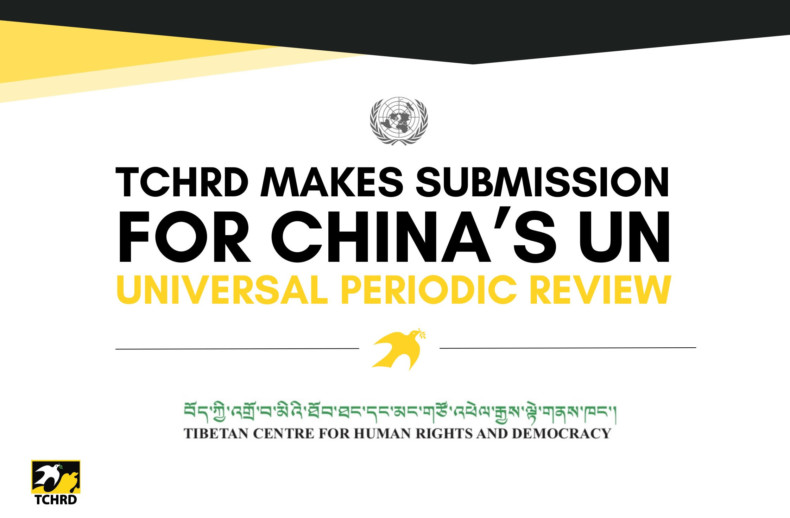
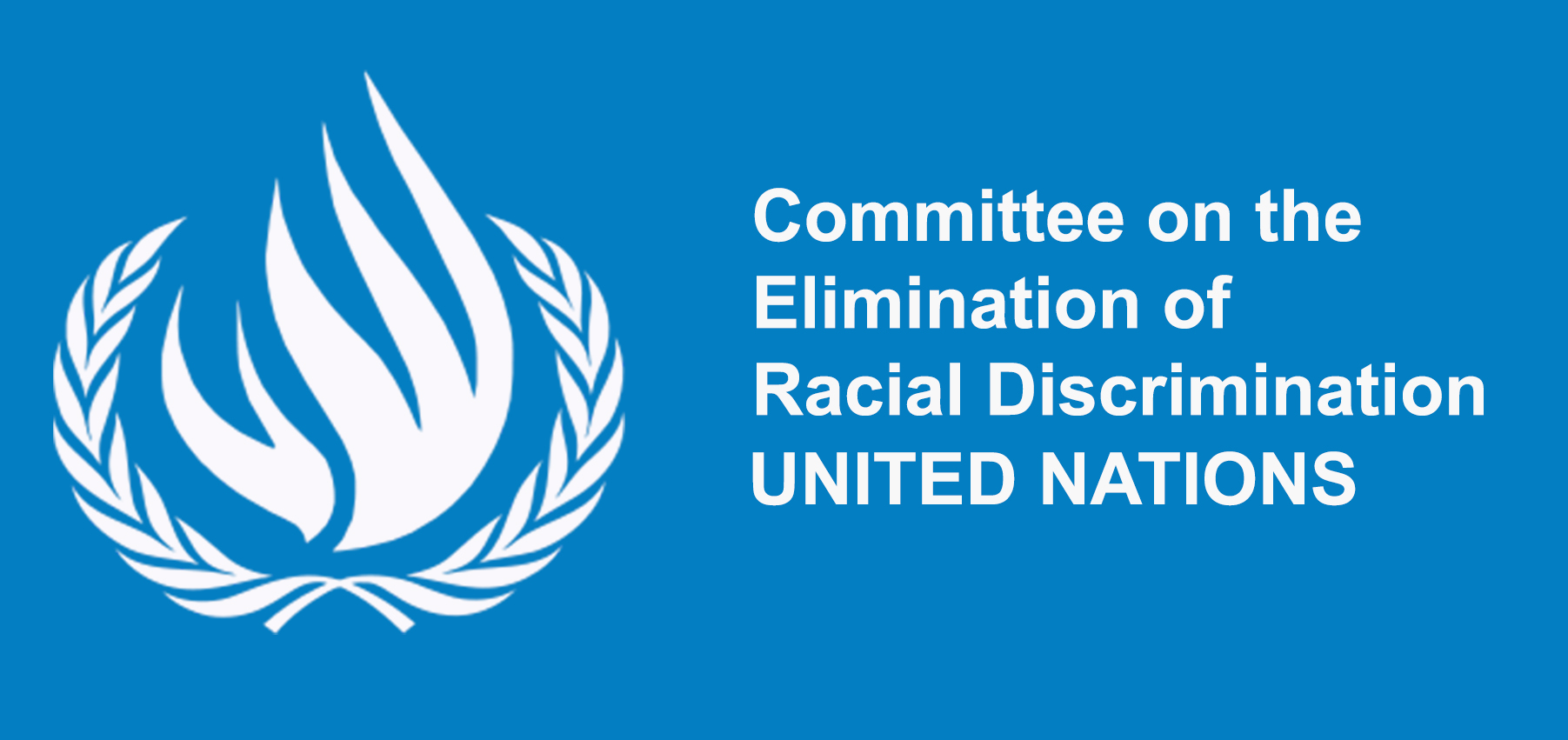



![Tibetan monks interrupted a Chinese government-organised media tour in June 2008 at Jokhang Temple in Lhasa. [Photo: AP]](https://tchrd.org/wp-content/uploads/2014/03/tibetmonksprotest_Jokhang-300x180.jpg)
